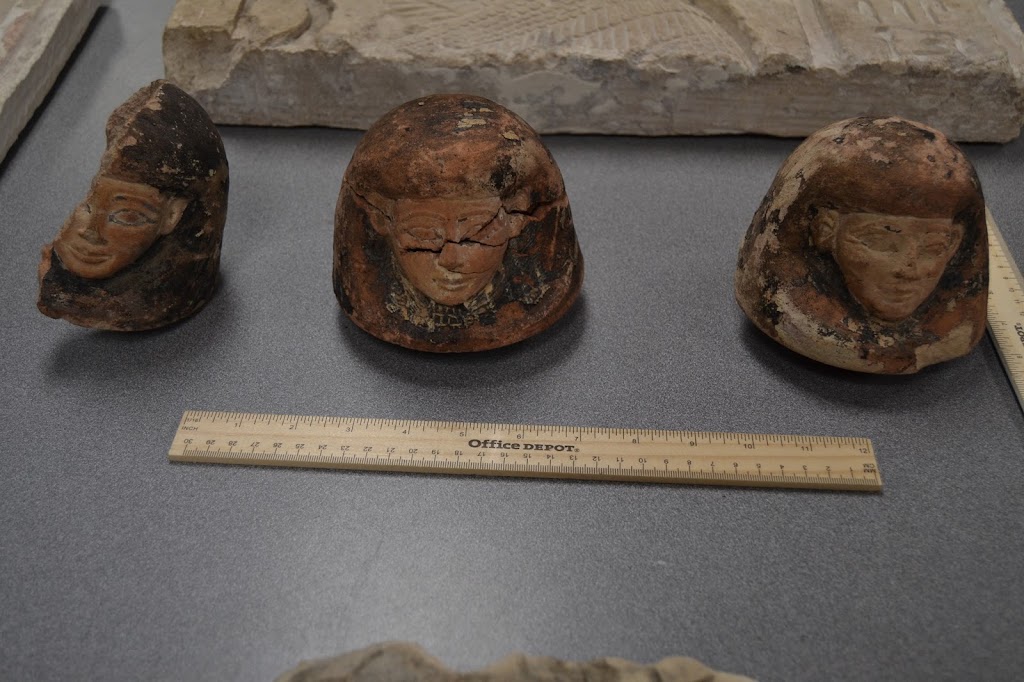HSI Alleges Receiving Stolen Korean Currency Plate Was Like “Winning a Lottery”
A charge is simply a mechanism for initiating the criminal court process. A person is presumed innocent of violating 18 USC 2314 and 2315 (the NSPA) unless the prosecution proves that the defendant is guilty beyond a reasonable doubt of receiving and transporting in interstate commerce an item valued more than $5000 knowing that the item was stolen.
An unsealed affidavit filed on December 19, 2012 by a special agent of Immigration and Customs Enforcement’s Homeland Security Investigations (HSI) makes the following factual allegations:
- In April 2010, a Michigan internet auction house listed an “Exceptional Inscribed Korean Bronze Plaque.” Both the South Korean embassy and the U.S. Department of State alerted the auctioneer that the plaque could have been taken from the Republic of Korea illegally. HSI identified the bidder, who was a woman from Flushing, New York.
- The Cultural Heritage Administration in Korea in December 2010 provided information that the plaque was a Hojo currency note–a plate used to produce money–from the 19th century Joseon Dynasty, an item of heritage whose “legitimate export would have been ‘hardly likely.'”
- HSI received information in August 2012 from an expert at a Georgia college that the currency plate was “historically and culturally significant not only because of its place in the modern transformation of the Korean monetary system but also because it is a tangible artifact of the extremely difficult socio-cultural transformations of nineteenth and twentieth-century Korean society ….” The professor found a YouTube video of the plaque. HSI identified the man in the video with the currency plate as Youn.
- HSI contacted the purchaser in late 2012 and learned that she opened accounts on internet web sites to buy Korean objects on behalf of Youn. Youn reimbursed the purchaser.
- The purchaser gave HSI a statement in December 2012 saying that she bought the currency plate at Youn’s request and with Youn sitting at her side during the auction. She reported that the Korean consulate in Washington, DC soon contacted her and told her not to pay the $35,000 price since the currency plate was under investigation. The purchaser called Youn, who said he would respond to the consulate. Youn then approached the purchaser and was excited. “Youn likened the plaque to winning a lottery because a price could be negotiated with the Korean Government as the Korean government was interested in returning the plaque to Korea,” according to HSI’s affidavit. Youn reportedly learned that the object was likely stolen by a soldier during the Korean War.
- The purchaser told HSI that she wired partial payment to the auctioneer and that Youn himself delivered the final payment when he picked up the plate. Youn then contacted the media and did an interview with a Korean television station in May 2010.
HSI charged Youn in the Eastern District Court of Michigan. The court set the defendant’s conditions of release on January 29, 2013 and scheduled a preliminary hearing for February 13.
The government has thus far sketched the factual basis to argue that the currency plate was stolen property. It has not yet described the Korean ownership law violated that would support the present prosecution under the NSPA.
This post is researched, written, and published on the blog Cultural Heritage Lawyer Rick St. Hilaire at culturalheritagelawyer.blogspot.com. Text copyrighted 2012 by Ricardo A. St. Hilaire, Attorney & Counselor at Law, PLLC. Any unauthorized reproduction or retransmission of this post is prohibited. CONTACT: www.culturalheritagelawyer.com


